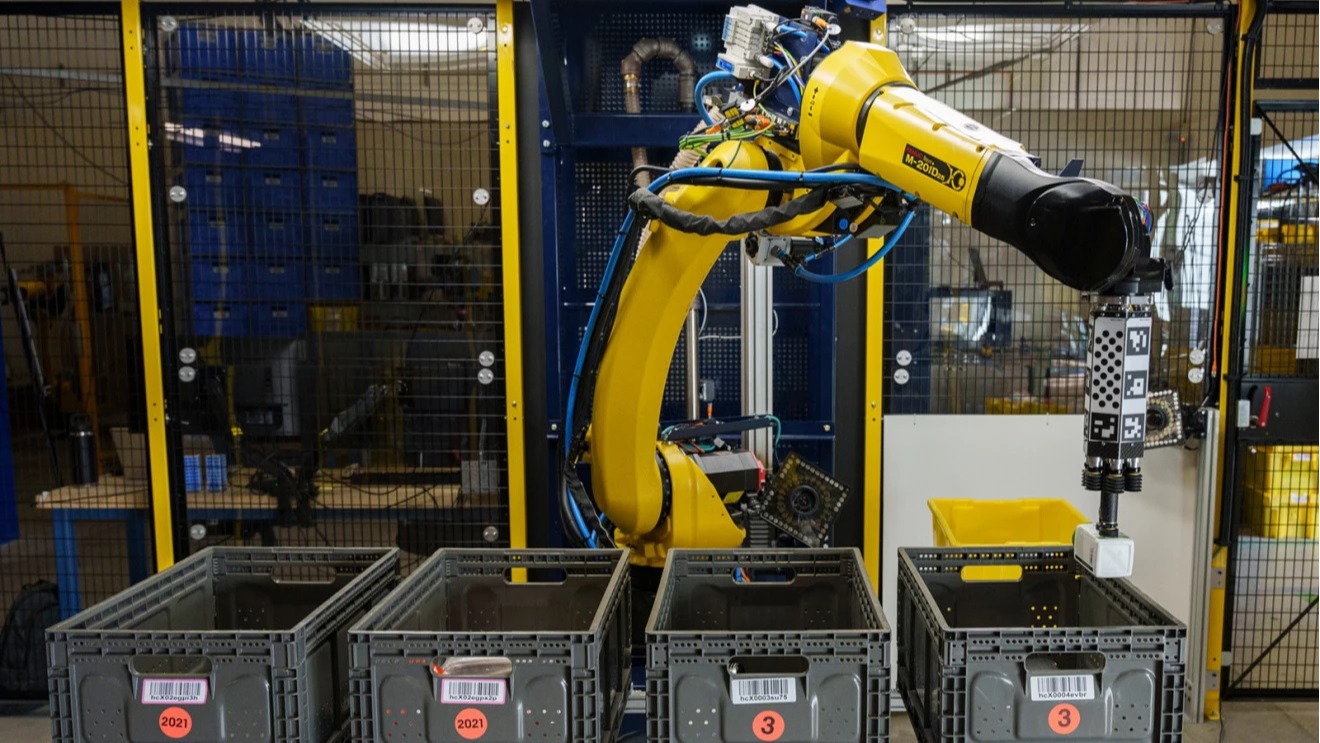Behnam Rezaei, Twitter’s head of product and engineering, has resigned.
According to Platformer journalist Zoe Schiffer, Rezaie was one of the “last remaining heads” from before Elon Musk’s takeover of the platform.
Rezaei joins Yoel Roth, the head of safety and integrity, chief information security officer Lea Kissner, and chief privacy officer Damien Kieran, all of whom announced their departure shortly after Musk took charge.
“Yesterday was my last day at Twitter. It has been an absolute honour working with so many amazing people in the last 5.5 years,” Rezaei said in a tweet.
Musk tried to back out of the deal to buy the social media platform in July, but the $44 billion takeover deal was concluded in October.
At the time, the entrepreneur’s legal representatives said that Musk was terminating the merger agreement because Twitter was in material breach of multiple provisions of the deal, including "false and misleading" representations which he relied upon when agreeing to the takeover.
Since the takeover, many advertisers have cut ties with Twitter due to Musk’s apparent willingness to allow hate speech to proliferate on the platform, having reinstated accounts of controversial figures including Canadian psychologist Jordan Peterson and influencer Andrew Tate, who were previously banned for transphobic and misogynistic remarks.
The tumult led to Musk telling employees that Twitter “could go bankrupt”.
Latest News
-
BAE Systems launches UK tech incubator scheme
-
Morrisons to launch real-time engagement tech across stores
-
Crypto exchange Gemini to cut workers, exit UK, EU and Australia amid market slump
-
Anthropic unveils Claude Opus 4.6 as enterprise AI race intensifies
-
Government to collaborate with Microsoft on deepfake detection framework
-
50% of firms will rehire staff laid off due to AI by 2027, predicts Gartner
The future-ready CFO: Driving strategic growth and innovation
This National Technology News webinar sponsored by Sage will explore how CFOs can leverage their unique blend of financial acumen, technological savvy, and strategic mindset to foster cross-functional collaboration and shape overall company direction. Attendees will gain insights into breaking down operational silos, aligning goals across departments like IT, operations, HR, and marketing, and utilising technology to enable real-time data sharing and visibility.
The corporate roadmap to payment excellence: Keeping pace with emerging trends to maximise growth opportunities
In today's rapidly evolving finance and accounting landscape, one of the biggest challenges organisations face is attracting and retaining top talent. As automation and AI revolutionise the profession, finance teams require new skillsets centred on analysis, collaboration, and strategic thinking to drive sustainable competitive advantage.
© 2019 Perspective Publishing Privacy & Cookies









Recent Stories